
How does child development occur?
Key points: Development is not a linear process, but rather a complex and multifaceted journey. Early childhood development is domain-specific, with each area…
Discover the key milestones of physical, cognitive, linguistic and socio-affective child development and understand the science behind child development.
Discover the key milestones of physical, cognitive, linguistic and socio-affective child development and understand the science behind child development.

Key points: Development is not a linear process, but rather a complex and multifaceted journey. Early childhood development is domain-specific, with each area…
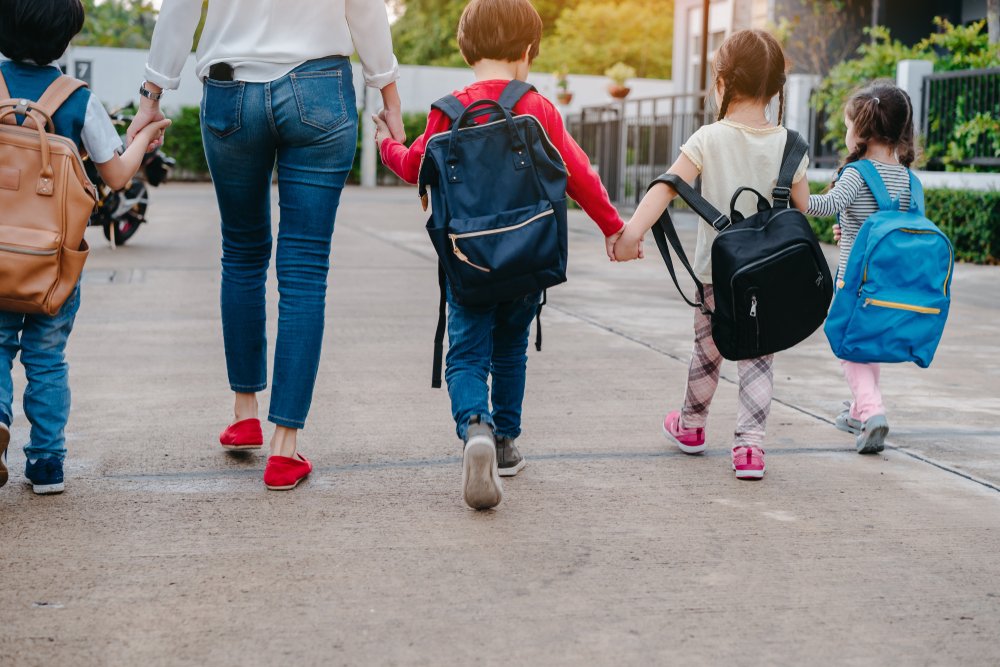
Key points: Setting up expectations can help make the transition back to school stress-free for children. Using positive language and “get to” statements…
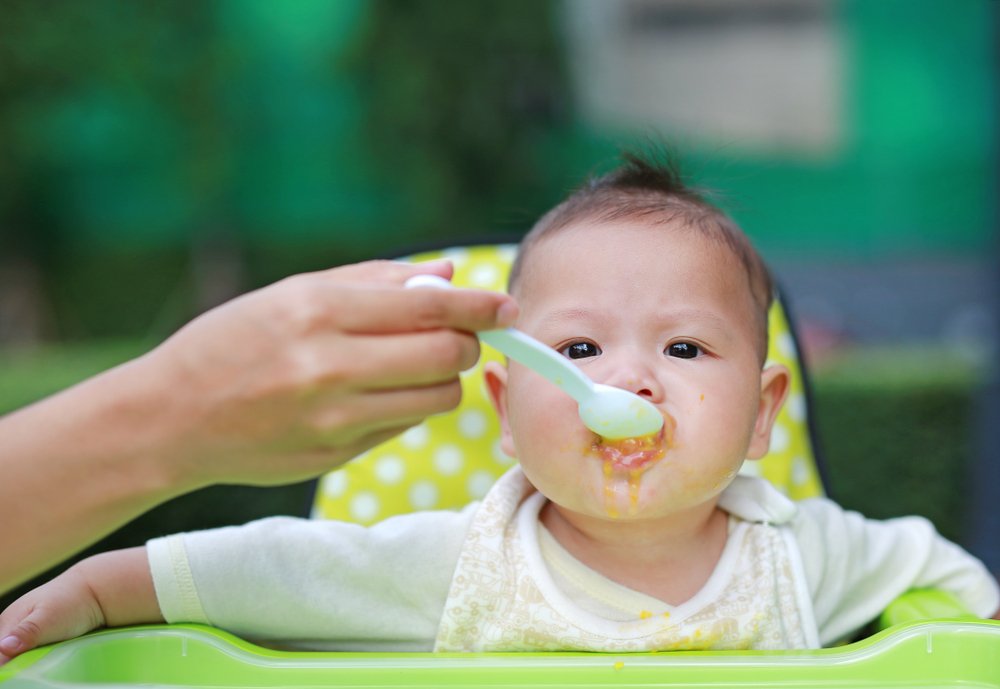
Key points: Taste is a complex sense influenced by various factors like texture, smell, and appearance of food. Taste buds begin forming in…
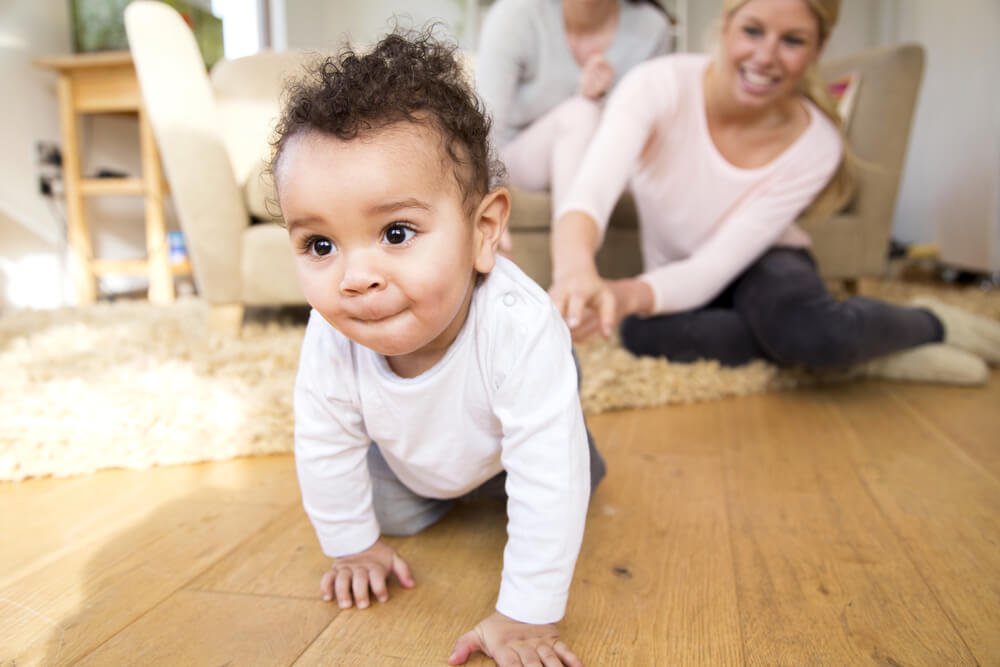
All parents, specially first-timers, are eager for information that will help them make sure their children are having a satisfactory development. Although every…

Playing is nature’s own formula for learning. Playful interaction is fundamental for the healthy development of your baby and toddler and it’s the…

Key points: Teaching personal hygiene and self-care is crucial for a child’s future independence. Essential self-care areas for preschoolers include sleep, food, drink,…
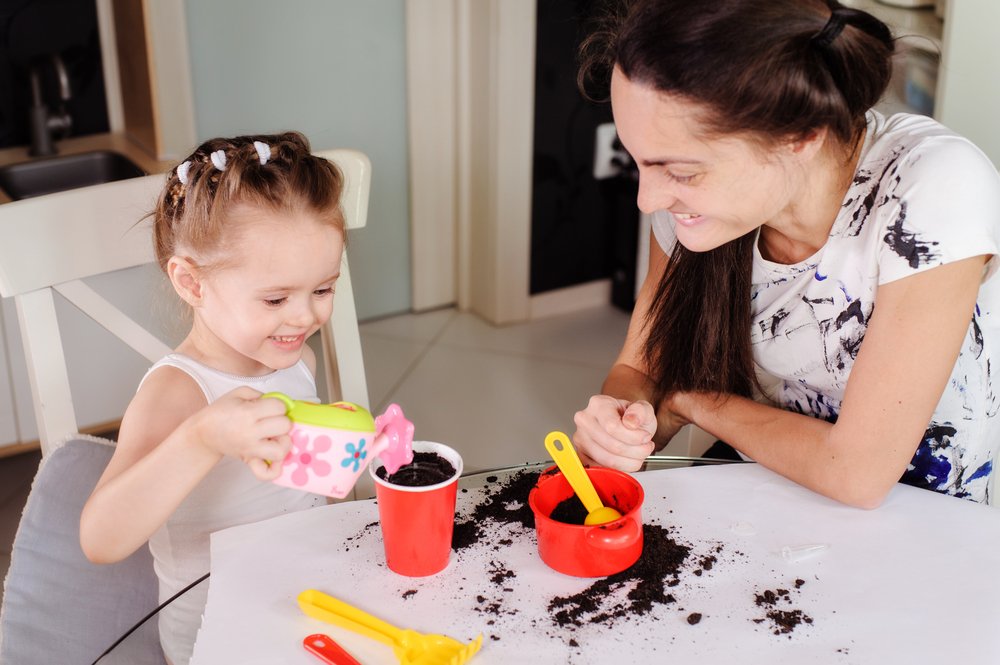
Key points: School break activities are vital for stimulating and entertaining your child. Tips include maintaining a schedule, planning daily activities, organizing playdates,…
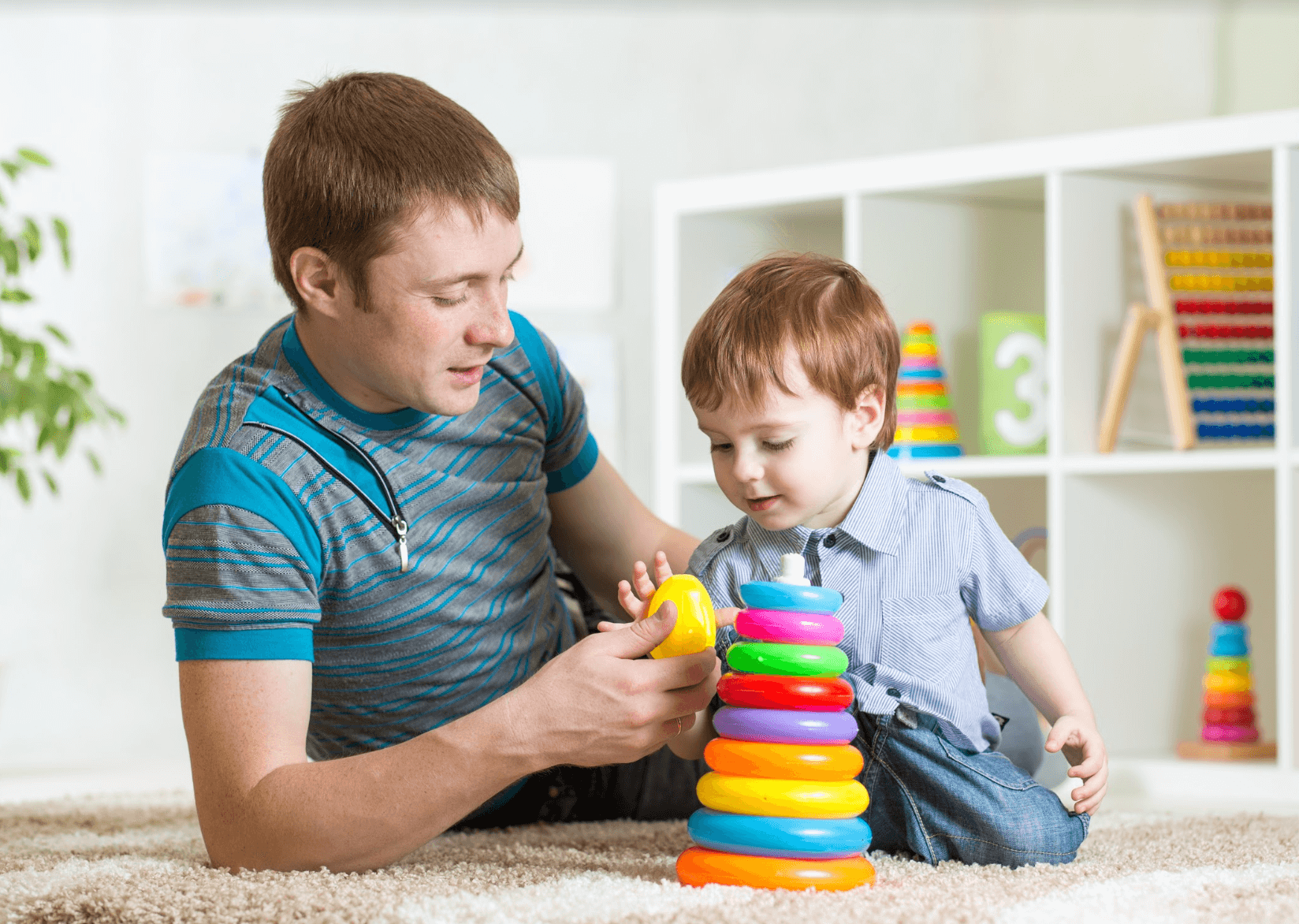
It’s only natural for new dads to want a little reassurance and support when it comes to their role and relevance in their…
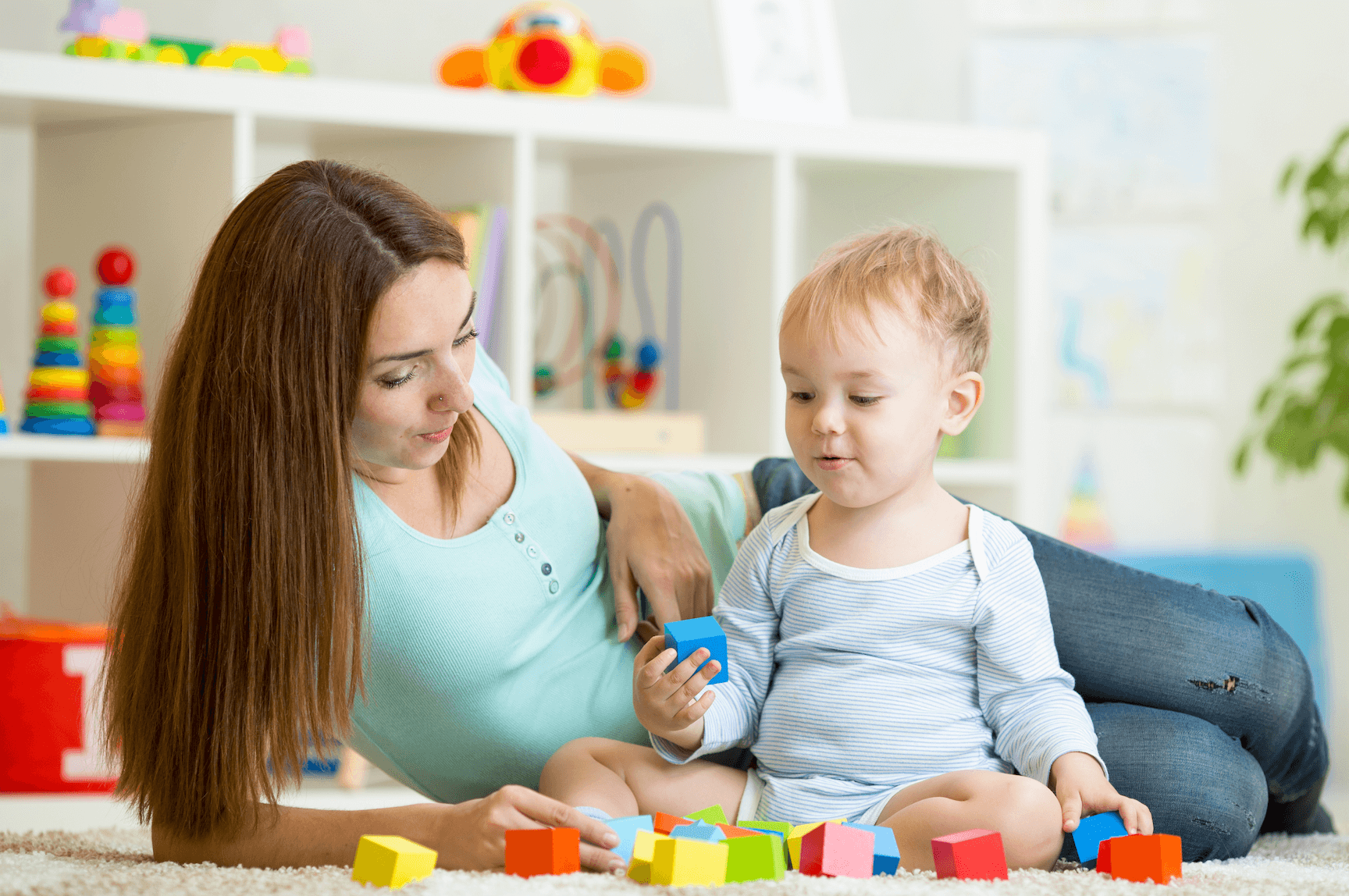
As parents, we all want to boost our child’s development and give them that extra push that enhances their coordination, strength, attention span, memory,…
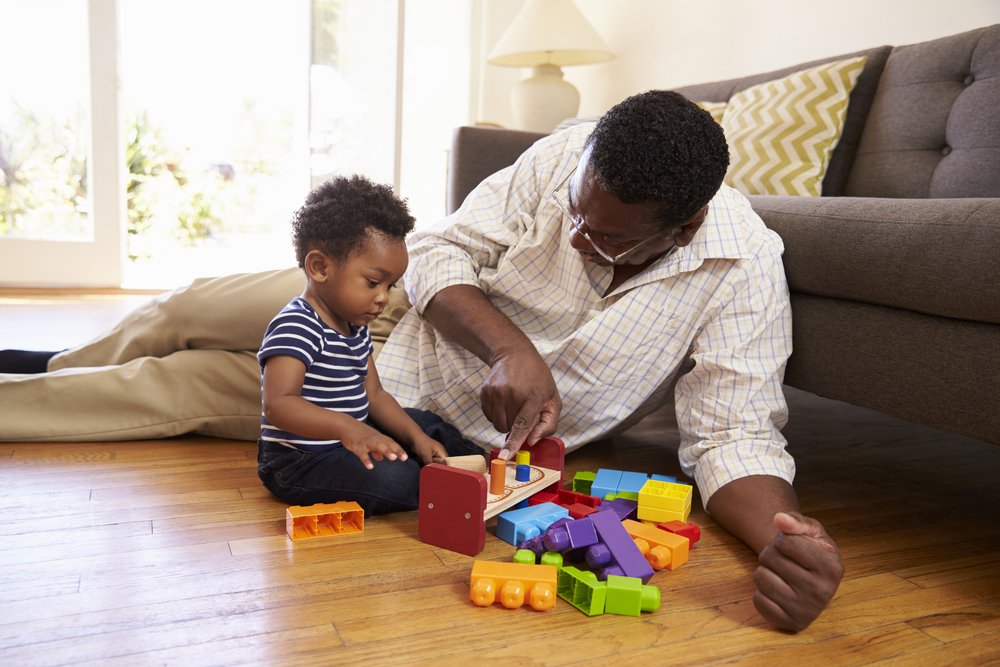
Key points: Trillions of connections made in a child’s brain during their first years are crucial to their early wiring and pruning process,…
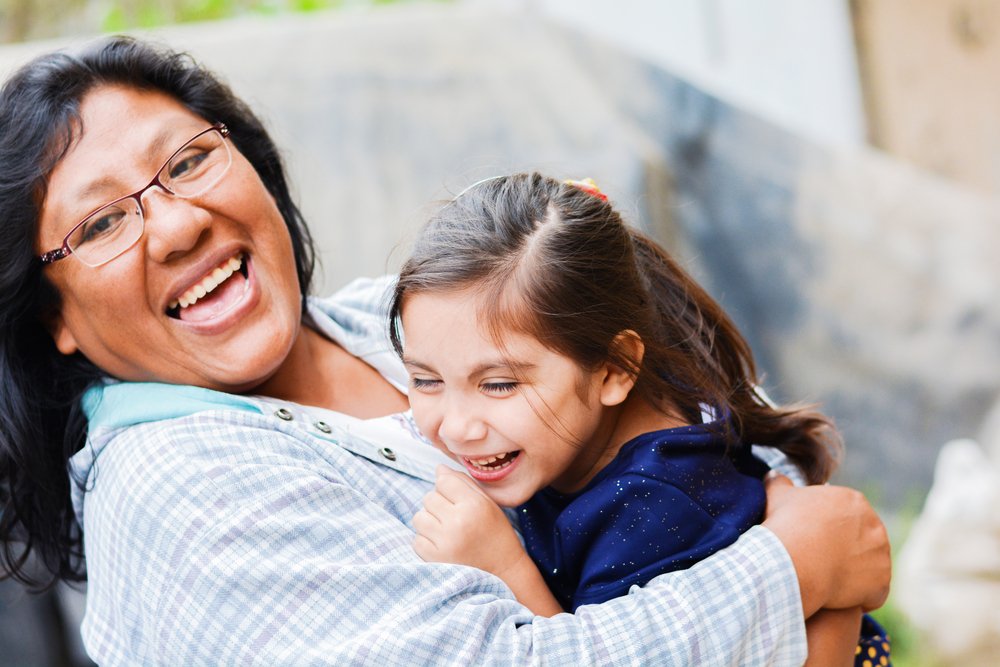
Key points: Researchers have been conducting a longitudinal study of 70,000 individuals born in the UK over a 70-year time period, collecting information…

Key points: Fathers have a unique role in their child’s life, providing emotional support and promoting inner growth and strength, offering a sense…
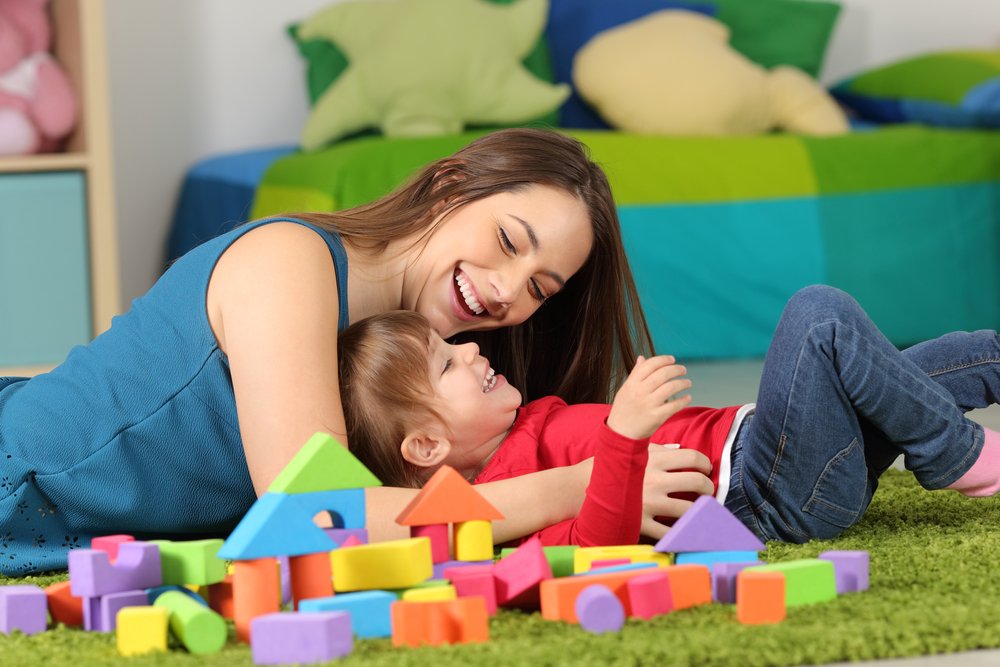
Key points: Harvard’s Center on the Developing Child has identified three key principles for giving children the best chance to reach their potential:…
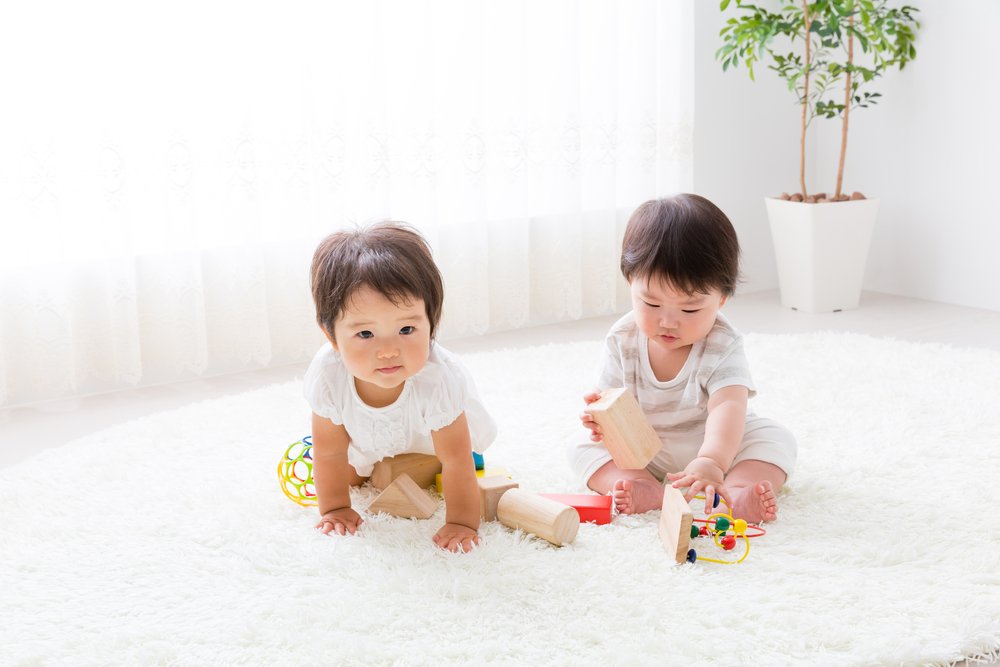
Key points: Parallel play is a normal stage in a child’s development, where they play on their own but near their peers without…

Key points: Temperament is innate and part of the unique wiring of each individual’s brain, separate from parenting skills. Temperament is made up…
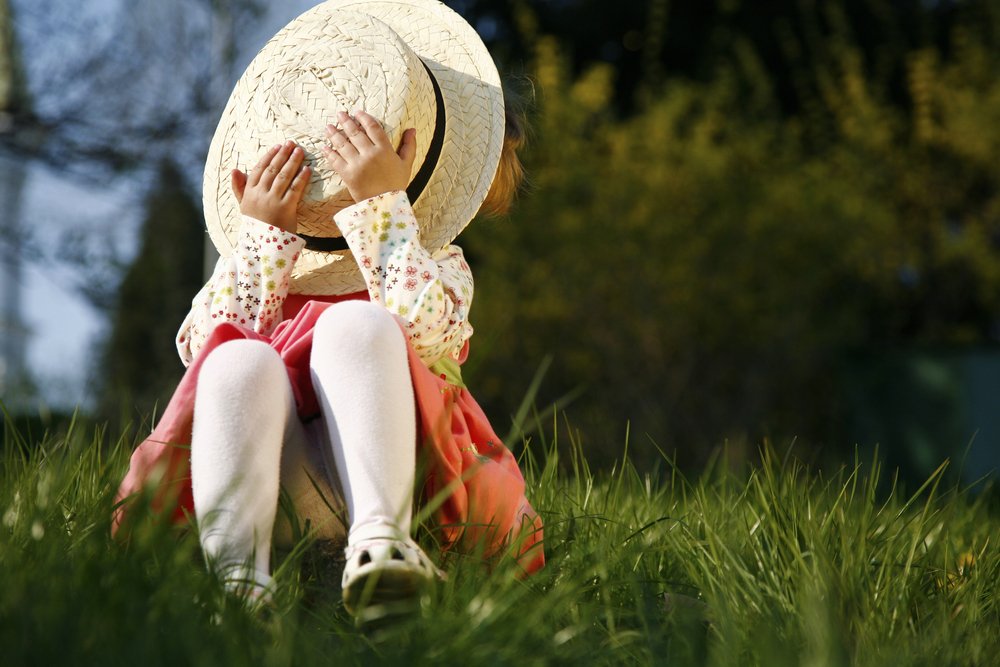
Key points: The origins of shyness can be found in the temperamental reactivity of infants and the responsiveness of their parents. Over-protective and…

Key points: The first six months of a baby’s life is a crucial period for motor development. Parents can foster motor development by…
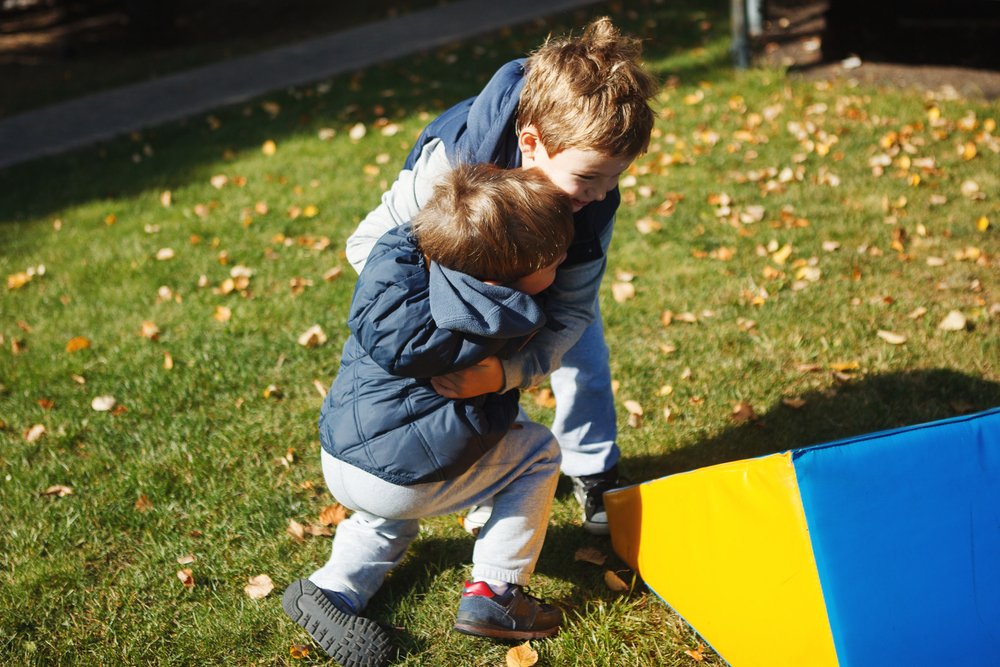
Key points: Your role as a parent is crucial in teaching your child effective communication, empathy, and self-regulation. Through your guidance and support,…

Key points: Toddlers may exhibit aggressive behaviors like hitting, pushing, or biting due to their limited self-control and emotional intelligence. It’s crucial for…
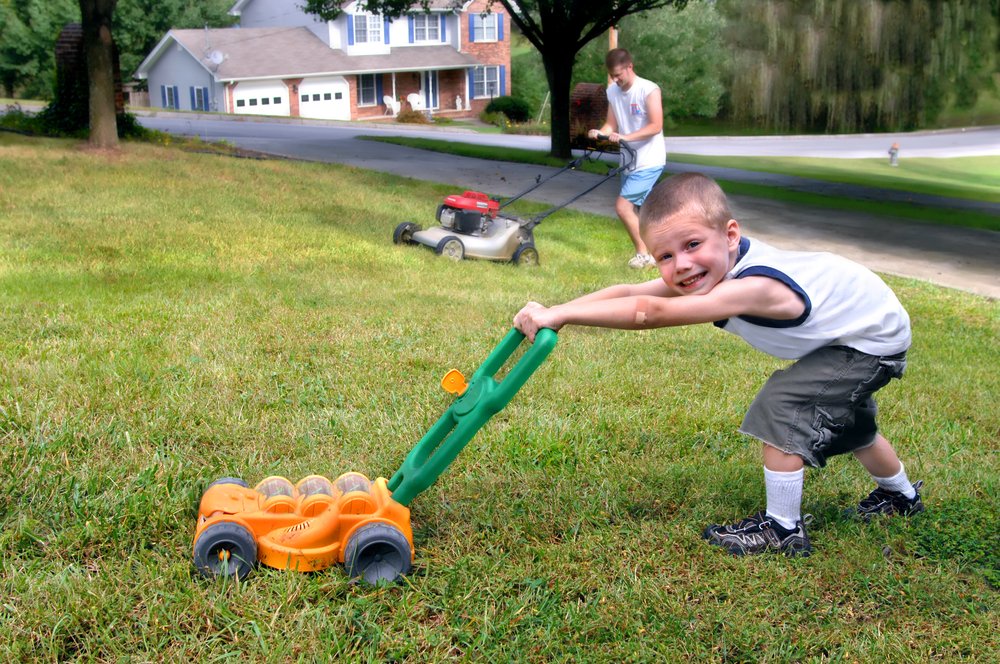
Key points: Imitation plays a crucial role in a child’s socio-emotional development, influencing their habits, expressions, points of view, word choices, and decision-making…
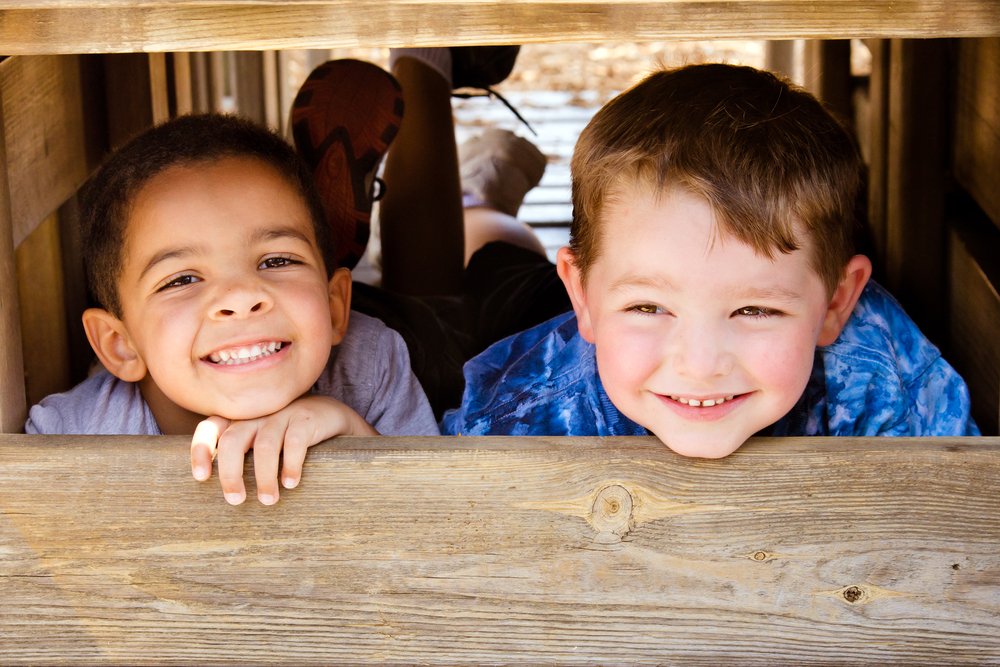
Key points: As children grow, their play styles transition from solo play to more interactive and cooperative play with peers. Around age 2,…